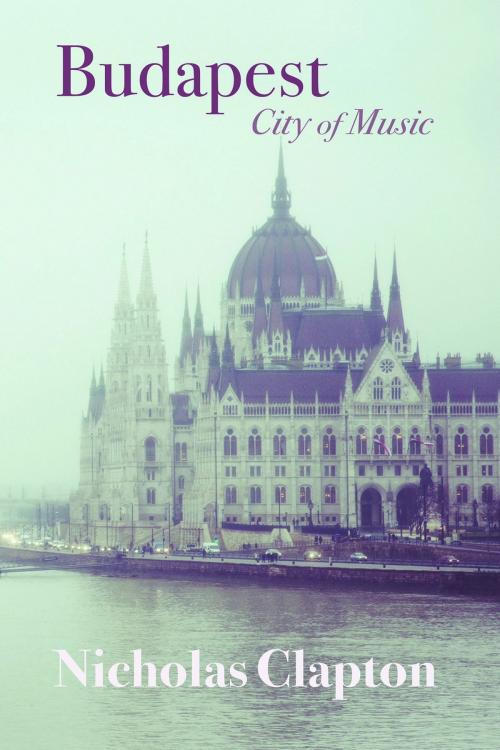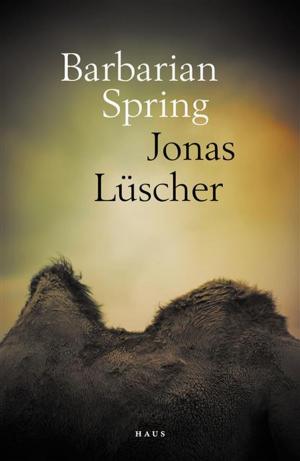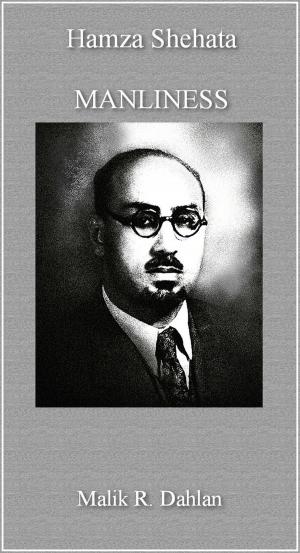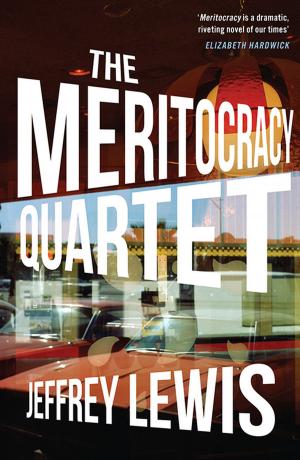Budapest
City of Music
Nonfiction, Entertainment, Music, Theory & Criticism, History & Criticism, Travel, Adventure & Literary Travel| Author: | Nicholas Clapton | ISBN: | 9781909961401 |
| Publisher: | Haus Publishing | Publication: | March 15, 2017 |
| Imprint: | Haus Publishing | Language: | English |
| Author: | Nicholas Clapton |
| ISBN: | 9781909961401 |
| Publisher: | Haus Publishing |
| Publication: | March 15, 2017 |
| Imprint: | Haus Publishing |
| Language: | English |
Singer Nicholas Clapton first visited Budapest to record a recently discovered mass by an almost unknown eighteenth-century Hungarian composer. There, he discovered a striking sense of otherness in spite of Hungary’s central geographical and cultural position within Europe. And with that, a deep passion for the city was born. Budapest offers an engaging and affectionate look at this beautiful capital from the perspective of a musician who lived and worked there for many years.
With rich musical traditions, both classical and folk, and possessing a language like almost no other, Hungary is in the process of abandoning the trappings of its communist past while attempting to preserve its culture from creeping globalization. Clapton delights in the fact that certain old-fashioned attitudes of courtesy, at times stemming from the very structures of the Magyar tongue, are still deeply ingrained in Hungarian society. At the same time, despite its association with world-famous composers such as Bartók, Liszt, and Kodály, music is far from an activity enjoyed only by the elite. Including plenty of tips on food, drink, and sites of interest, Budapest describes the capital in uniquely melodic terms and will delight lovers of travel and music alike.
Singer Nicholas Clapton first visited Budapest to record a recently discovered mass by an almost unknown eighteenth-century Hungarian composer. There, he discovered a striking sense of otherness in spite of Hungary’s central geographical and cultural position within Europe. And with that, a deep passion for the city was born. Budapest offers an engaging and affectionate look at this beautiful capital from the perspective of a musician who lived and worked there for many years.
With rich musical traditions, both classical and folk, and possessing a language like almost no other, Hungary is in the process of abandoning the trappings of its communist past while attempting to preserve its culture from creeping globalization. Clapton delights in the fact that certain old-fashioned attitudes of courtesy, at times stemming from the very structures of the Magyar tongue, are still deeply ingrained in Hungarian society. At the same time, despite its association with world-famous composers such as Bartók, Liszt, and Kodály, music is far from an activity enjoyed only by the elite. Including plenty of tips on food, drink, and sites of interest, Budapest describes the capital in uniquely melodic terms and will delight lovers of travel and music alike.















